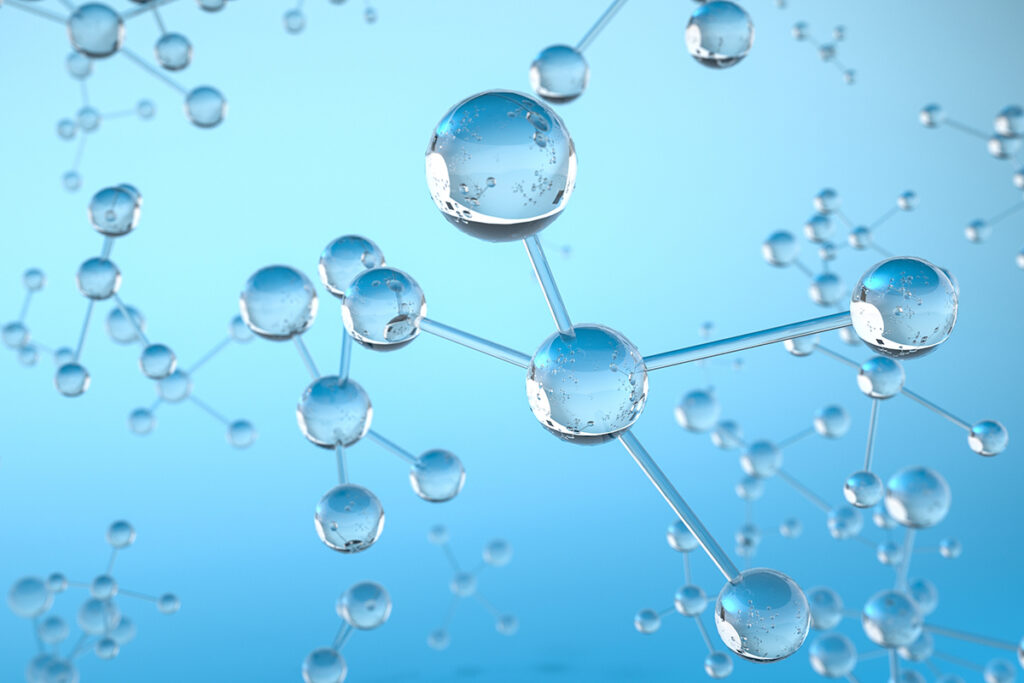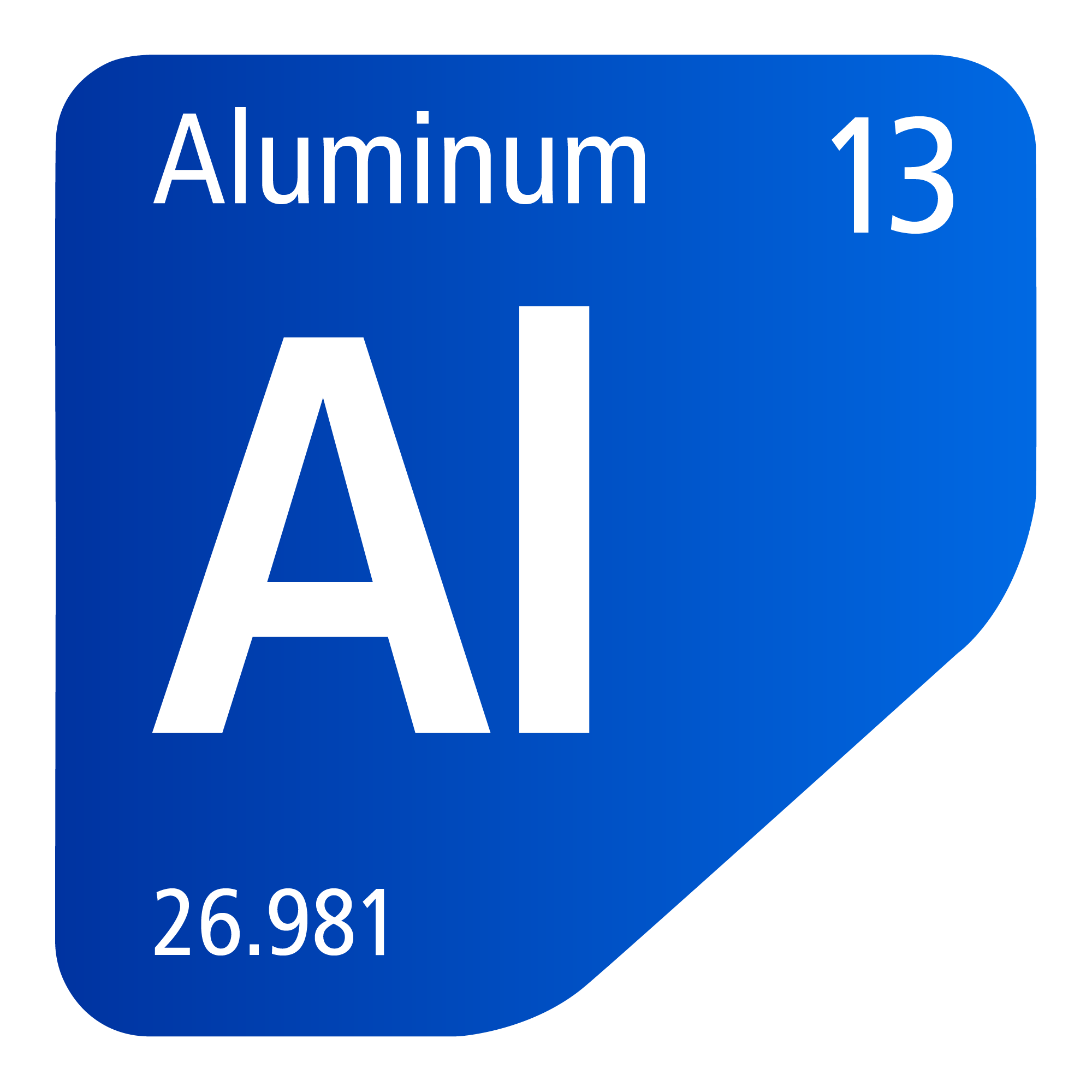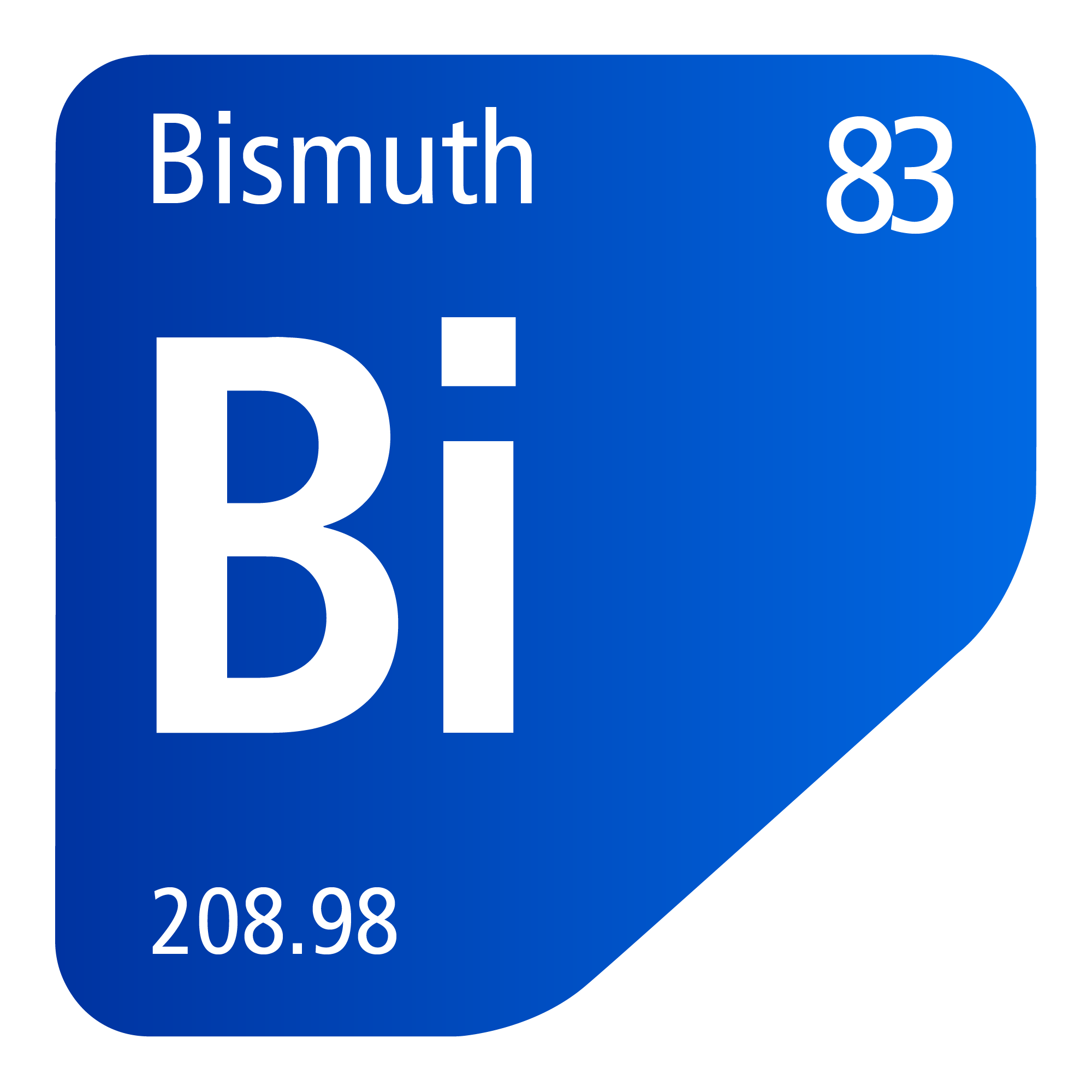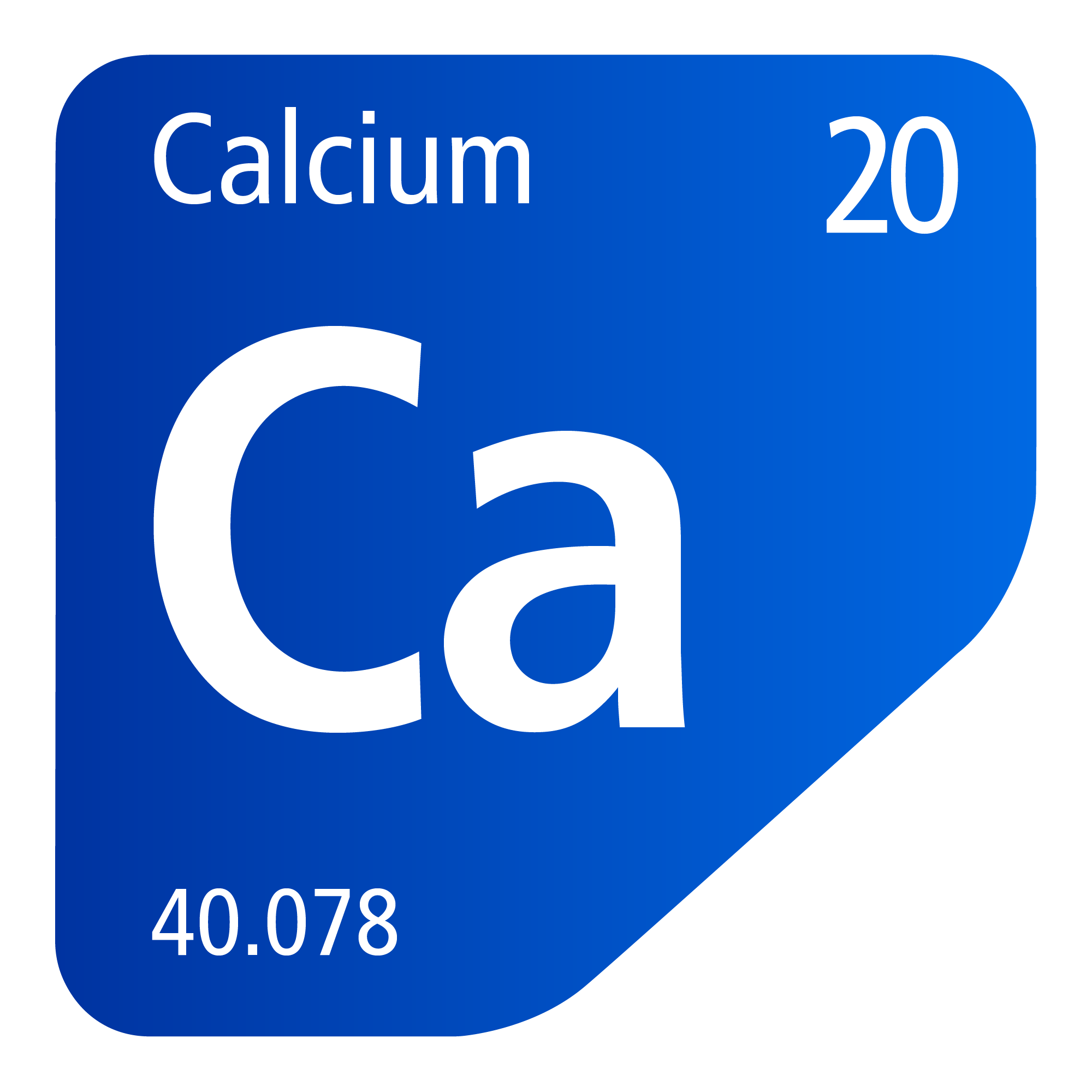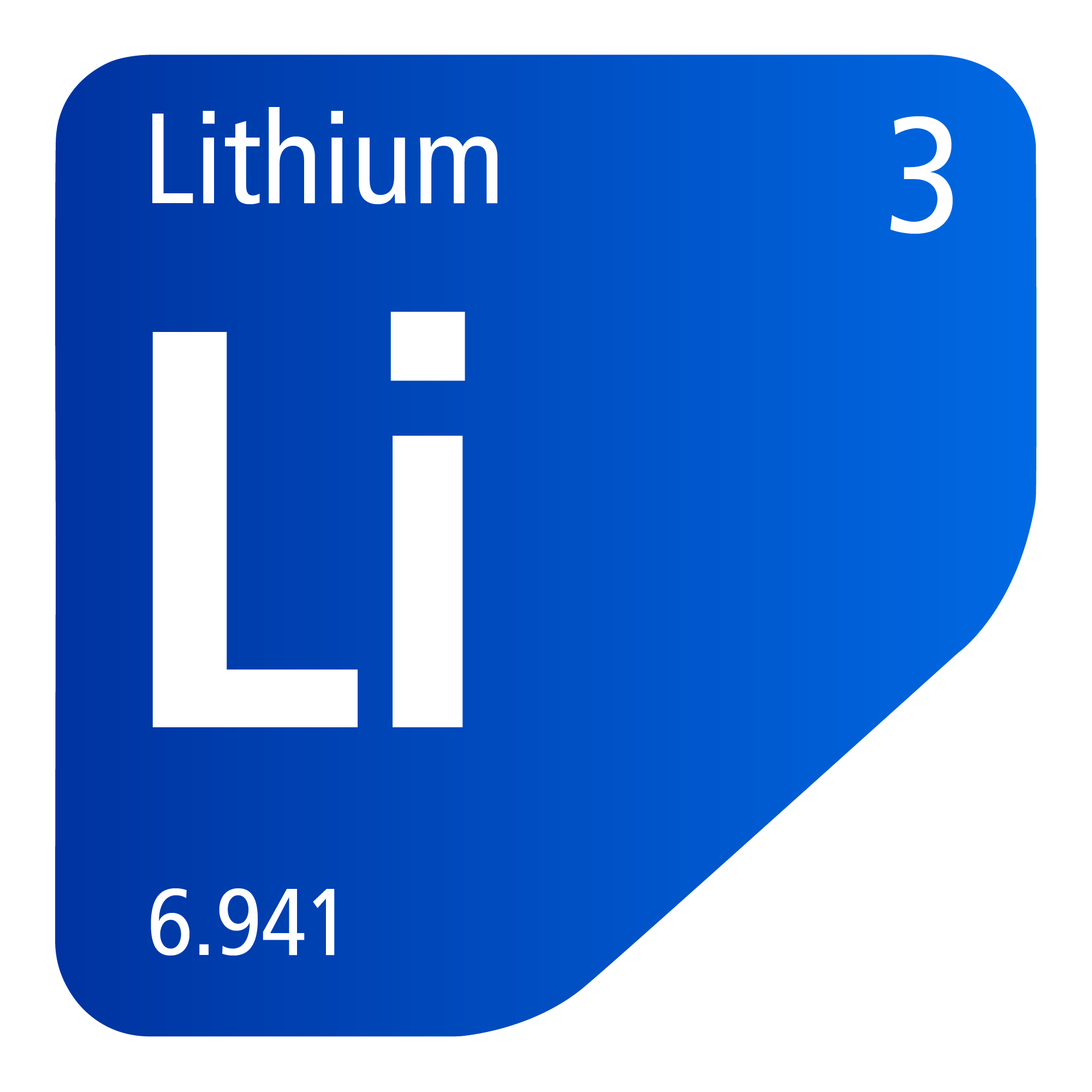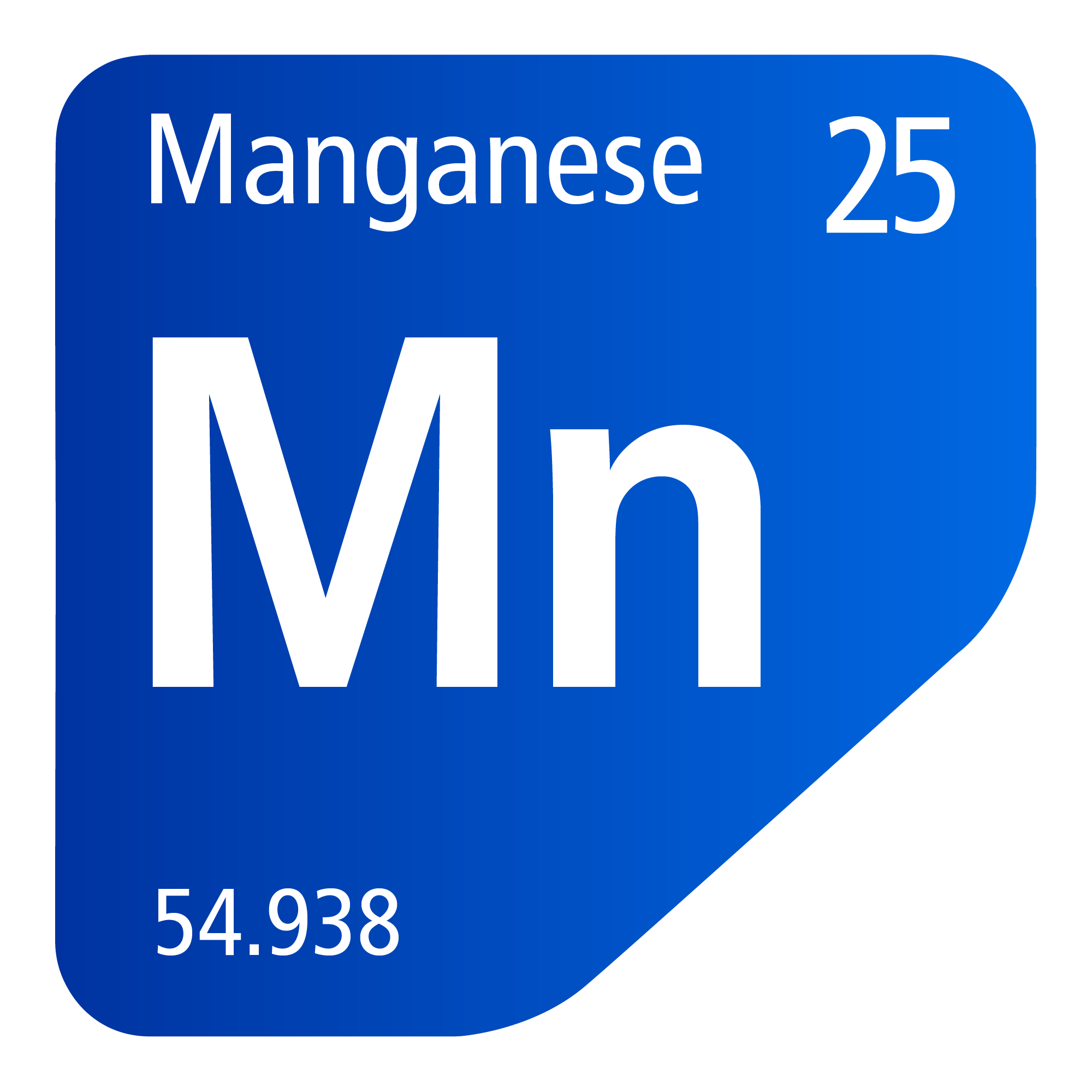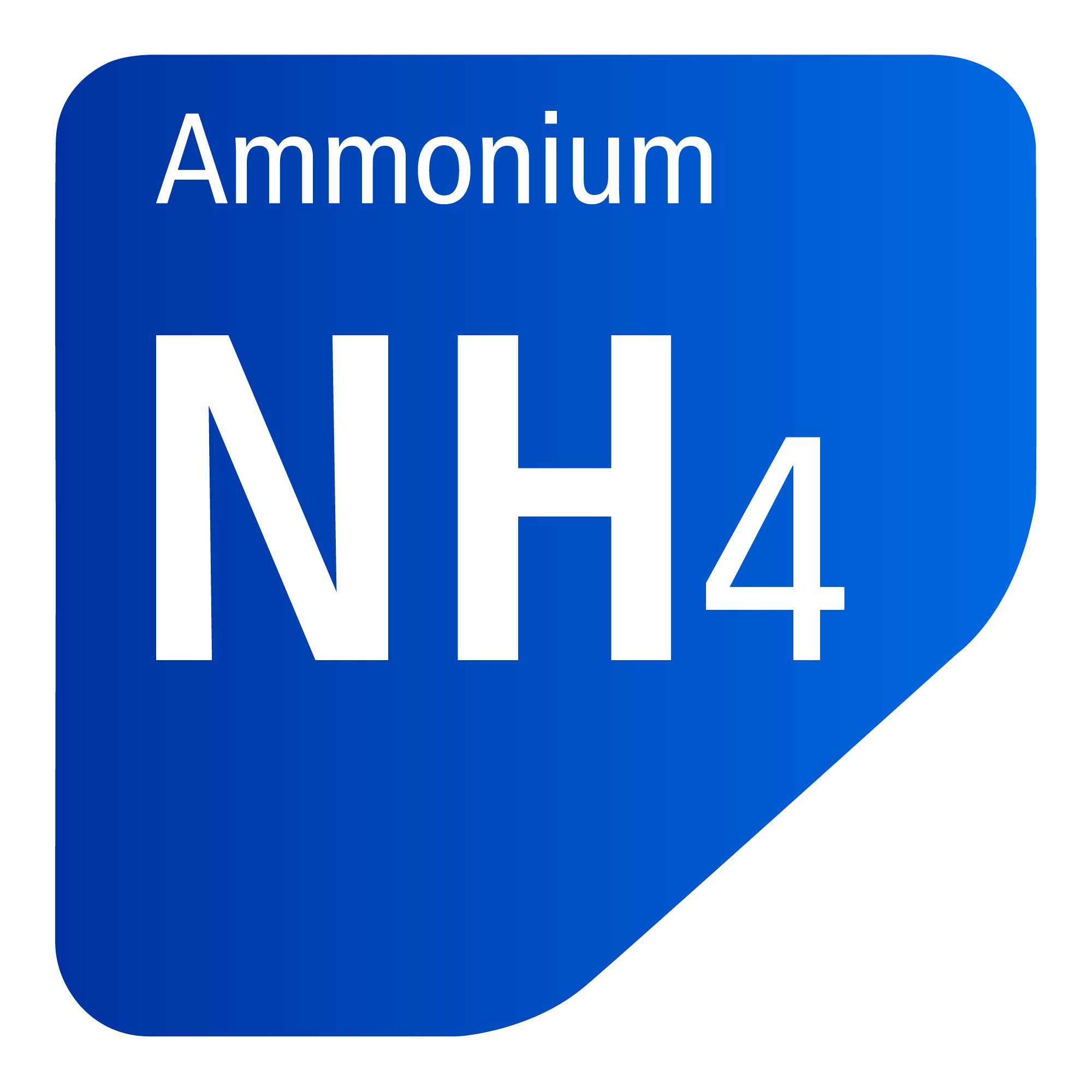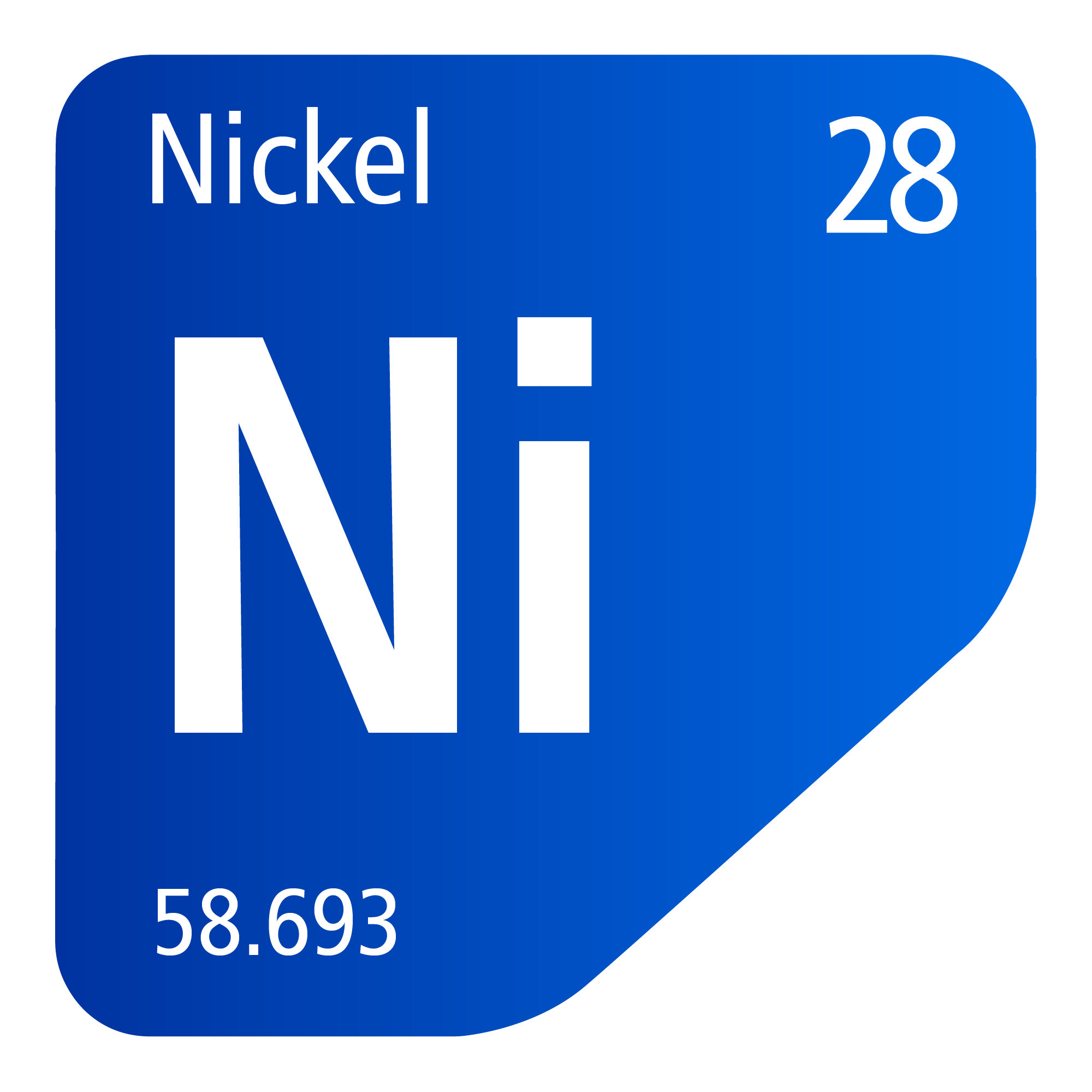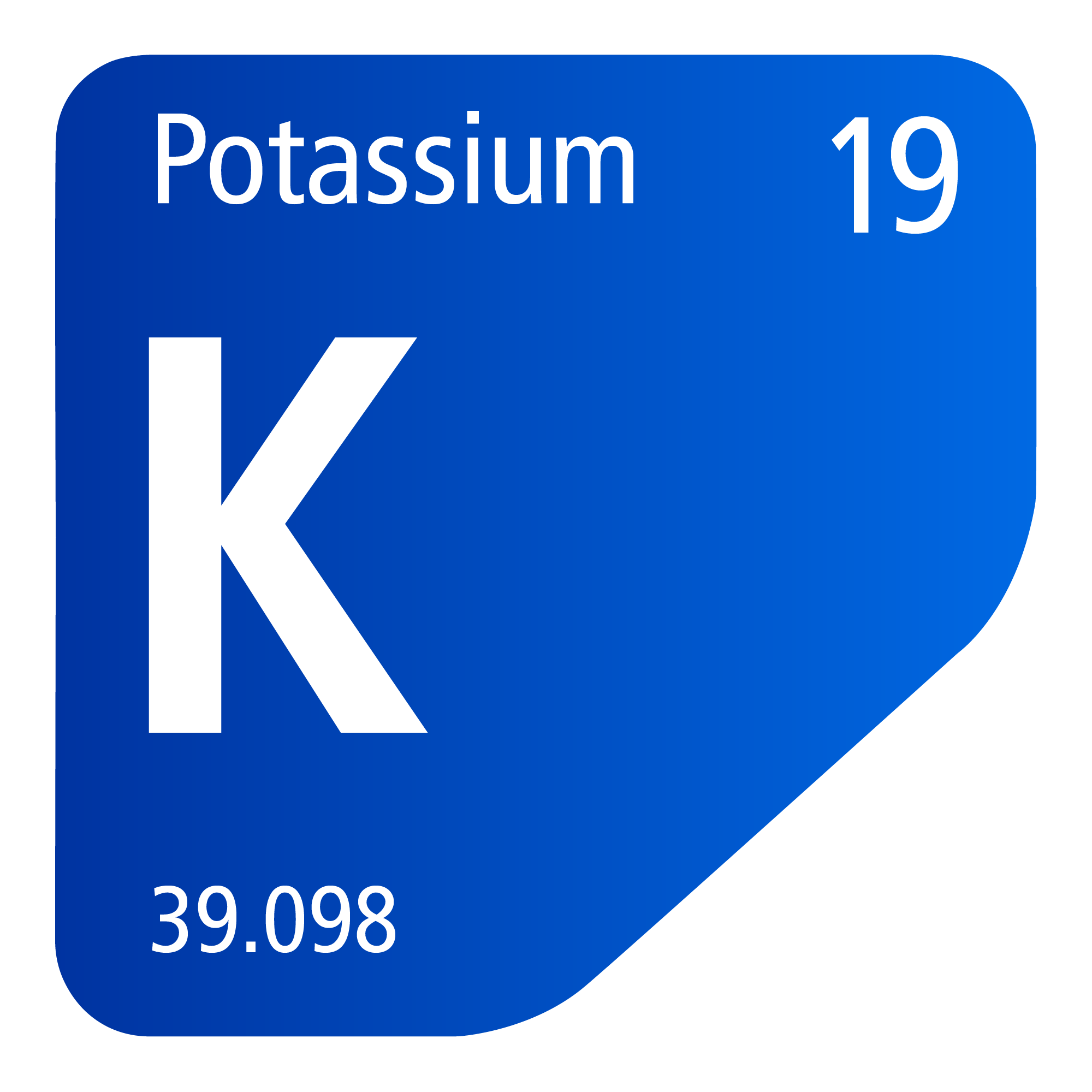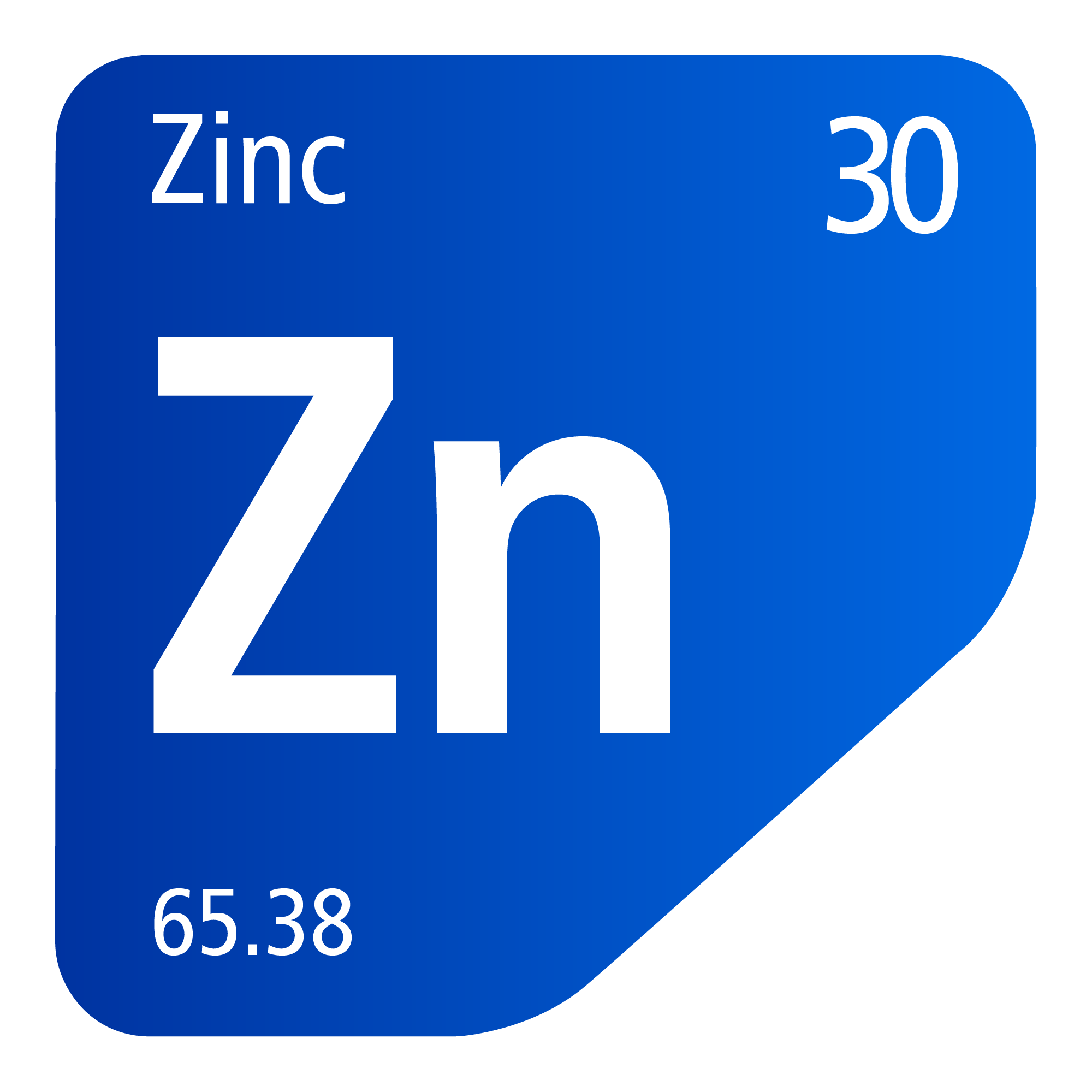Pharma use
Mineral salts have a pharmacological effect as active pharmaceutical ingredients (API) or serve a technological purpose as excipients in the pharmaceutical industry.
Active Pharmaceutical Ingredients (API)
Our GMP-certified production plants in Behansar produce a large variety of more than 100 APIs.
Among other therapeutic uses, these APIs are found in medications for the following conditions:
- Gastroenterology
- Cardiology
- Hematology
- Neurology
- Orthopedics
- Immunology Nephrology
Mineral Salts as Excipients in Pharmaceuticals
The excipient makes up a larger portion of the ingredients in pharmaceutical formulations than the active ingredient itself in terms of volume.
Excipients aid in the delivery of an active ingredient that is normally difficult for the patient to take in or administer. Since they significantly influence the structure of solid dosage forms and stabilize the chemical characteristics in liquid medicinal forms, mineral salts as excipients are particularly significant.
Functions
Excipients serve well defined purposes that have a big impact on the drug’s process ability, stability, and release control. To guarantee that the drug material is stable and has the appropriate pharmacokinetic qualities while following to tight standards and regulations, it is essential to carefully choose the excipients.
Excipients can be categorized based on many functionalities:
- Antimicrobial preservative
- Antioxidant
- Chelating and/or complexing agent
- Coating agent
- Diluent
- Emollient
- Emulsifying agent
- Glidant and/or anticaking agent
- Lubricant
- pH-modifier (acidifying / alkalizing agent / buffering agent)
- Wet binder
Our products are primarily used for purposes other than those mentioned above due to the chemical composition of mineral salts.
Mineral salts with low endotoxin content
Mineral salts with low levels of endotoxins have a number of benefits for usage in pharmaceutical and medical applications.
Endotoxins are lipopolysaccharides (LPS) that are often produced after bacterial cell death or lysis and come from the cell wall of gram-negative bacteria. Lipopolysaccharides (LPS) are substances made up of polysaccharide and lipid components.
Endotoxins significantly affect bioproduction procedures since they can impair both downstream fill and finish operations as well as upstream fermentation. For instance, endotoxins can have a significant impact on tissue cultures by impairing cell division and function.
Endotoxins are undesirable in parenteral medication formulations because they can result in mild to severe immunological responses, such as fever and inflammation, and even death. Therefore, it is crucial to employ Mineral Salts with low endotoxin concentration for a number of extremely sensitive applications.
Applications of endotoxin-free mineral salts
- Solutions for parenterals:
- Injections
- Infusions
- Nutrition
- Solutions for inhalation
- Solutions for
- Dialysis
- Peritoneal dialysis
- Haemofiltration
- Osmotherapy
- Ophthalmic preparations
- Biopharmaceuticals
Our low-endotoxin grades are made in production facilities that have received GMP certification and were created with this need in mind. As a result, our Low-endotoxin Mineral Salts are produced under the strictest guidelines, including low endotoxin process water, in accordance with their delicate applications.
We measure the endotoxin concentration of our products using approved chromogenic-kinetic Limulus Amebocyte Lysate (LAL) assays in order to fulfill the highest requirements and guarantee consistent excellent quality.
Upon customer request, additional goods may be created or lower endotoxin limits may be reached.
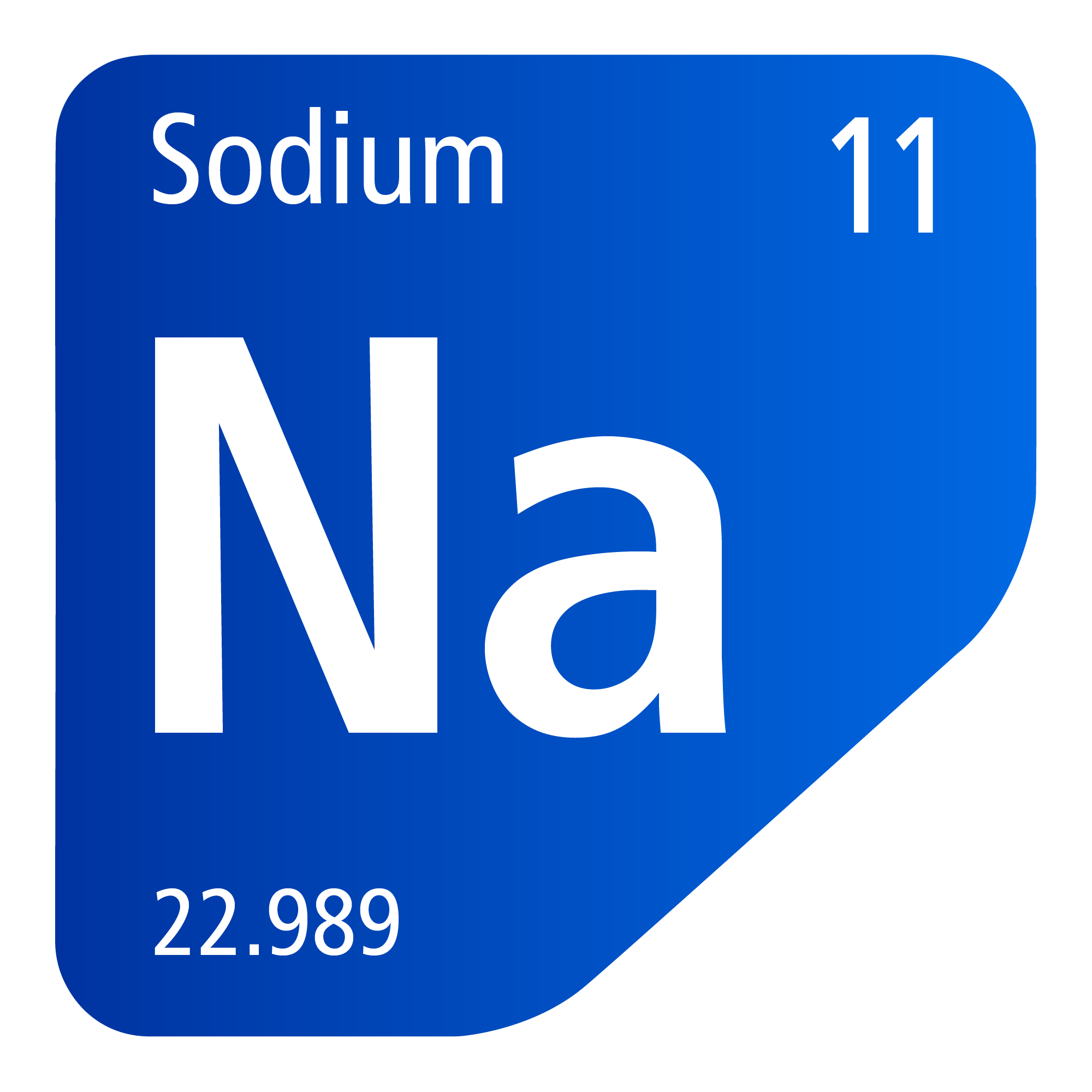
Sodium phosphate tribasic dodecahydrate
Monobasic Sodium Phosphate Monohydrate
Monobasic Sodium Phosphate Anhydrous
Monobasic Sodium Phosphate Dihydrate
Dibasic Sodium Phosphate Dodecahydrate
Tribasic Sodium Phosphate Monohydrate
Sodium phosphate tribasic anhydrous
Dibasic Sodium Phosphate Dihydrate
Dibasic Sodium Phosphate Anhydrous
sodium phosphate dibasic heptahydrate


